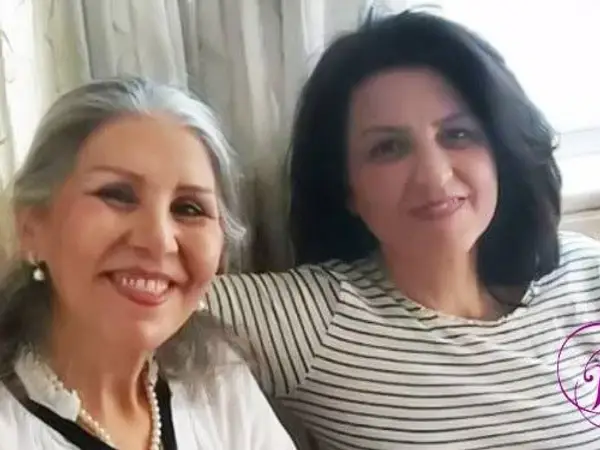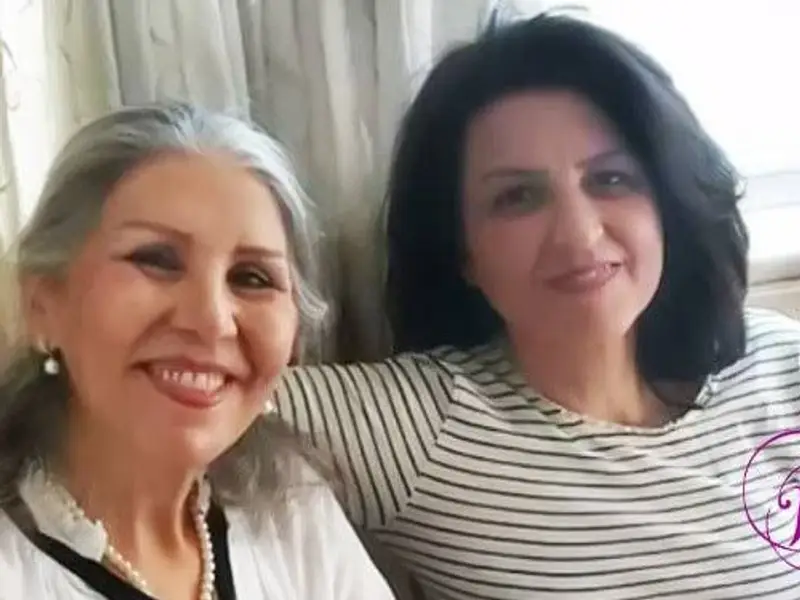A group of Iranian civil activists issued a statement protesting "heavy and unfair" sentences against two well-known Baha'i figures.
Bahai community leaders Fariba Kamalabadi, 60, and Mahvash Sabet Shahriari, 70, were handed new 10-year sentences in December after having served 10 years previously on charges of threatening national security.
”The two women have spent many days of their lives in prisons for being Baha'i. No one should be harassed or persecuted just because of their beliefs and religion," reads a statement signed by journalists, lawyers, former political prisoners and activists inside and outside Iran.
The group said the accusations against the women are “baseless”, the ‘trial’ conducted in November lasting just one hour. At the time, the Baha'i International Community said it was "an unbelievable injustice”.
It is four years since the two ladies were released from their first decade-long sentence, and activists including Shirin Ebadi and Atena Daemi, say the two are being persecuted on “unfounded charges".
The Shia clergy consider the Baha’i faith as a heretical sect. The Baha'i community, who number around 300,000 in Iran, are systematically prosecuted, discriminated against, and harassed. They cannot hold jobs in the public sector and are sometimes sacked from their jobs in the private sector under pressure from authorities.
In September, the BIC reported 245 incidents of persecution over 32 days, with arrests and imprisonment, the destruction of homes and confiscation of properties, raids on private and business premises, beatings, the denial of medication to detainees and the denial of higher education to more than one hundred young people.
Human rights defenders and international institutions always consider the behavior of the Islamic Republic of Iran in dealing with Baha’i citizens as a "systematic violation of human rights".

